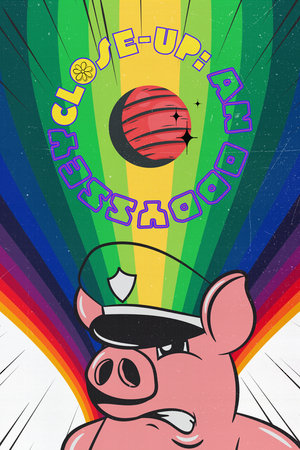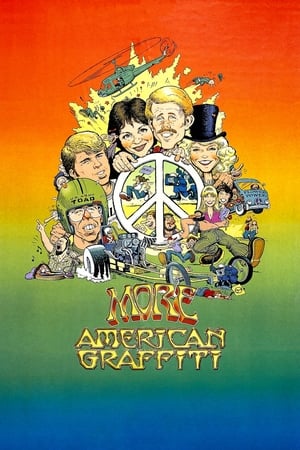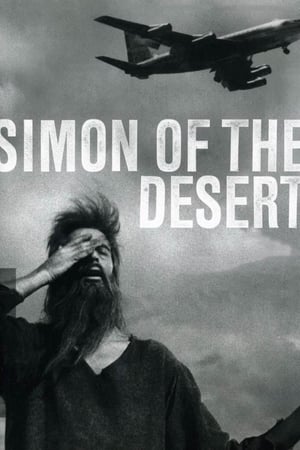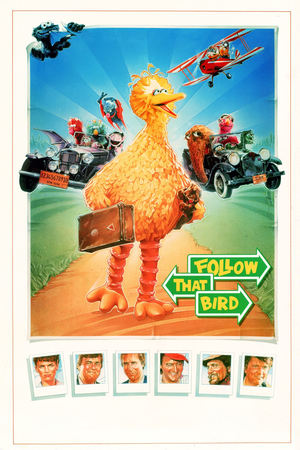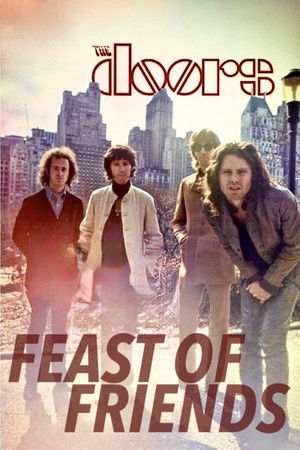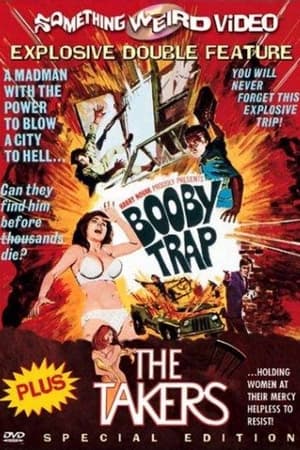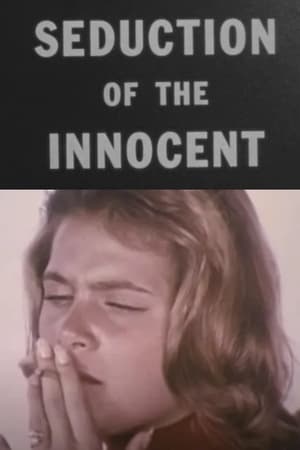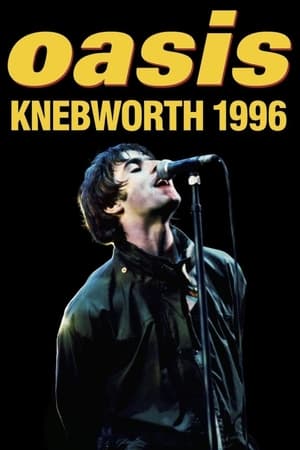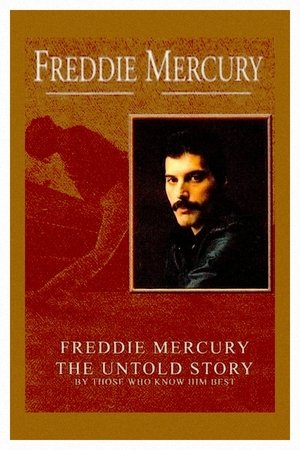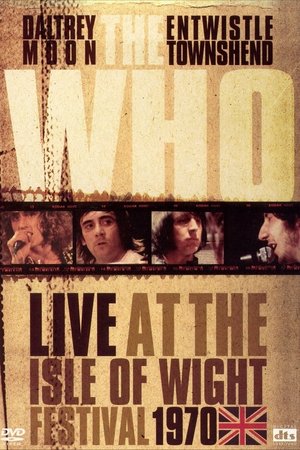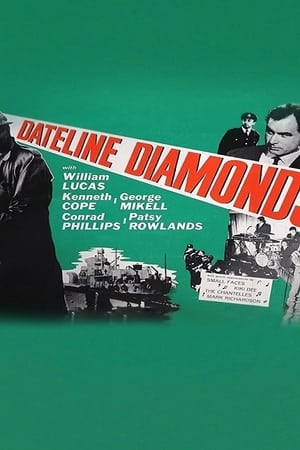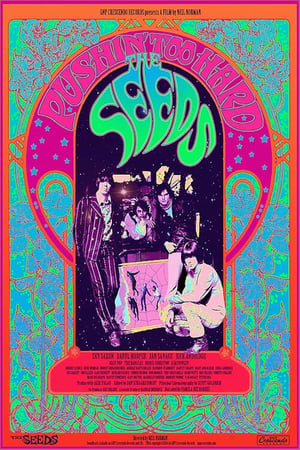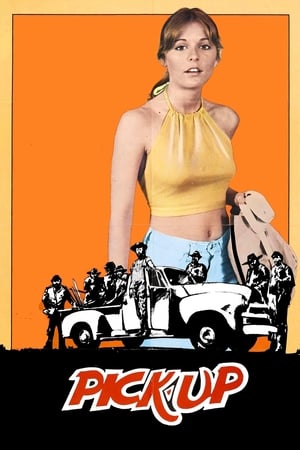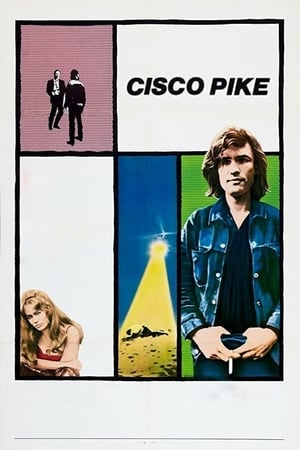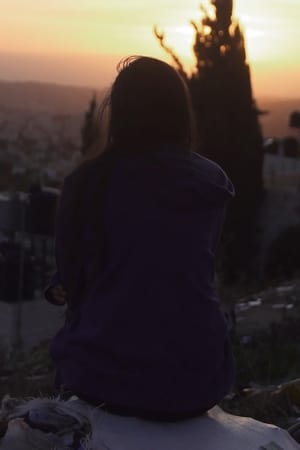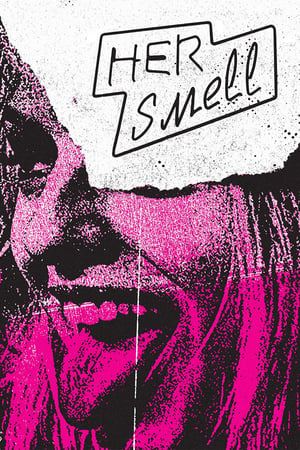Overview
Jenny, a deaf runaway who has just arrived in San Francisco's Haight-Ashbury district to find her long-lost brother, a mysterious bearded sculptor known around town as The Seeker. She falls in with a psychedelic band, Mumblin' Jim, whose members include Stoney, Ben, and Elwood. They hide her from the fuzz in their crash pad, a Victorian house crowded with love beads and necking couples. Mumblin' Jim's truth-seeking friend Dave considers the band's pursuit of success "playing games," but he agrees to help Jennie anyway.
Reviews
**_The good, the bad and the psychedelic of the Counterculture in the 60s_**
A deaf teen (Susan Strasberg) runs away to San Francisco's Haight-Ashbury district to find her artist brother, known as The Seeker (Bruce Dern). She befriends the members of a psychedelic band through whom she’s introduced to the hippie subculture. Jack Nicholson plays the leader of the band. Dean Stockwell, Adam Rourke and Max Julien are also on hand.
“Psych-Out” (1968) has a bit more story compared to Roger Corman’s “The Trip” from the previous year, which featured Peter Fonda running around doing crazy things on LSD (although it’s a pretty good simulation of an acid trip with fantastic visuals using the technology of the time). Despite the warning at the beginning of “The Trip,” it’s basically pro-LSD whereas “Psych-out,” produced by Dick Clark, has an anti-drug message in that it dares to show the awful truth, like bad trips, squalor and so on.
Since it was shot during the actual era and area, it’s a pretty authentic look at the Counterculture movement, which you can compare with the real-life people of the documentary “Woodstock” (1970). Some of the attitudes of the movement were good and stand the test of time while the libertinism was a foolish path to ennui and self-destruction (mentally, spiritually or physically).
A lot of the psychedelic music is pretty good, mostly performed by the Storybook, a San Fernando Valley garage band, but also The Strawberry Alarm Clock, The Seeds and Boenzee Cryque. Surprisingly, there’s a blatant rip-off of Hendrix’ “Purple Haze” and a little “Foxy Lady,” two songs released just before the flick was made. I’m not sure how they got away with that; I guess the ’60s weren’t as litigious as in the decades since.
Winsome brunette Strasberg (Jenny) is a highlight, but blonde Linda Gaye Scott (Lynn) arguably steals the show in the feminine department.
One weak point in the script is the ambiguity concerning The Seeker. Even Bruce Dern said he was unclear about the character’s role despite his being pivotal to the story. He’s supposed to be a leader of the hippie movement and has attracted enemies due to his controversial influence, yet the damage was done by this point in which he comes across as a drug-addled loser who can hardly construe a sentence of coherent words. I suppose that’s the message.
If I'm in the mood for 60's youth entertainment, I'll go with "Lord Love a Duck," starring Roddy McDowall, or even "Village of the Giants." If I want something more serious, I'll go with "The Wild Angels," "Easy Rider" or "Billy Jack." Yet “Psych-Out” works as a serious counterpart to "Beyond the Valley of the Dolls," minus the fruity twaddle. The junkyard sequence is a highlight.
The original version runs 1 hour, 22 minutes, but there’s a Director’s Cut that runs 19 minutes longer and generally just makes the movie drag. The flick was shot in San Francisco and Los Angeles.
GRADE: B-

 101 min
101 min
 4.919
4.919
 1968
1968
 USA
USA
 Wuchak wrote:
Wuchak wrote: